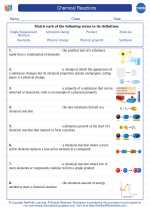Alternative Medicine
Alternative medicine refers to a range of medical therapies and practices that are not considered part of conventional medicine. These approaches may encompass various healing philosophies, practices, and products that are not typically taught or used in Western medicine. Alternative medicine often focuses on holistic approaches to health, and may include treatments such as herbal remedies, acupuncture, chiropractic care, and traditional Chinese medicine.
Types of Alternative Medicine
There are numerous types of alternative medicine, which can be categorized into different modalities:
- Herbal Medicine: Involves the use of plants, plant extracts, and herbal preparations for therapeutic purposes.
- Acupuncture: Based on traditional Chinese medicine, acupuncture involves the insertion of thin needles into specific points on the body to restore balance and promote healing.
- Chiropractic Care: Focuses on the diagnosis and treatment of mechanical disorders of the musculoskeletal system, particularly the spine.
- Naturopathy: A holistic approach to healthcare that emphasizes prevention and the body's natural ability to heal itself using natural therapies.
- Homeopathy: Based on the concept that "like cures like," homeopathic remedies are highly diluted substances that are believed to stimulate the body's healing processes.
Benefits and Risks
Proponents of alternative medicine often cite its focus on holistic health, personalized care, and natural treatment options as key benefits. Additionally, alternative medicine may be used in conjunction with conventional medical treatments to provide a more comprehensive approach to healthcare. However, there are also potential risks associated with alternative medicine, including lack of scientific evidence for efficacy, potential interactions with conventional medications, and reliance on unproven or potentially unsafe treatments.
Study Guide
If you are studying alternative medicine, it is important to understand the following key points:
- Define alternative medicine and its key principles.
- Identify and describe different types of alternative medicine modalities.
- Discuss the potential benefits and risks of alternative medicine.
- Compare and contrast alternative medicine with conventional medicine.
- Examine the role of alternative medicine in modern healthcare and its growing popularity.
By understanding the principles, types, benefits, and risks of alternative medicine, you can gain a comprehensive understanding of this diverse and evolving field of healthcare.
.◂Chemistry Worksheets and Study Guides High School. Chemical Reactions
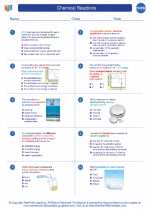
 Worksheet/Answer key
Worksheet/Answer key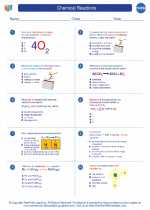
 Worksheet/Answer key
Worksheet/Answer key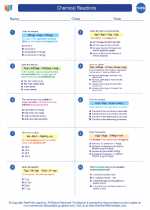
 Worksheet/Answer key
Worksheet/Answer key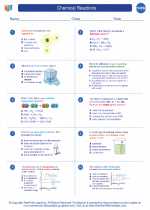
 Worksheet/Answer key
Worksheet/Answer key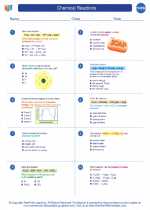
 Worksheet/Answer key
Worksheet/Answer key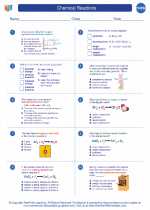
 Vocabulary/Answer key
Vocabulary/Answer key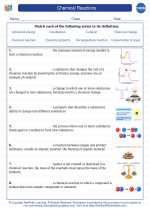
 Vocabulary/Answer key
Vocabulary/Answer key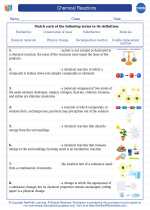
 Vocabulary/Answer key
Vocabulary/Answer key